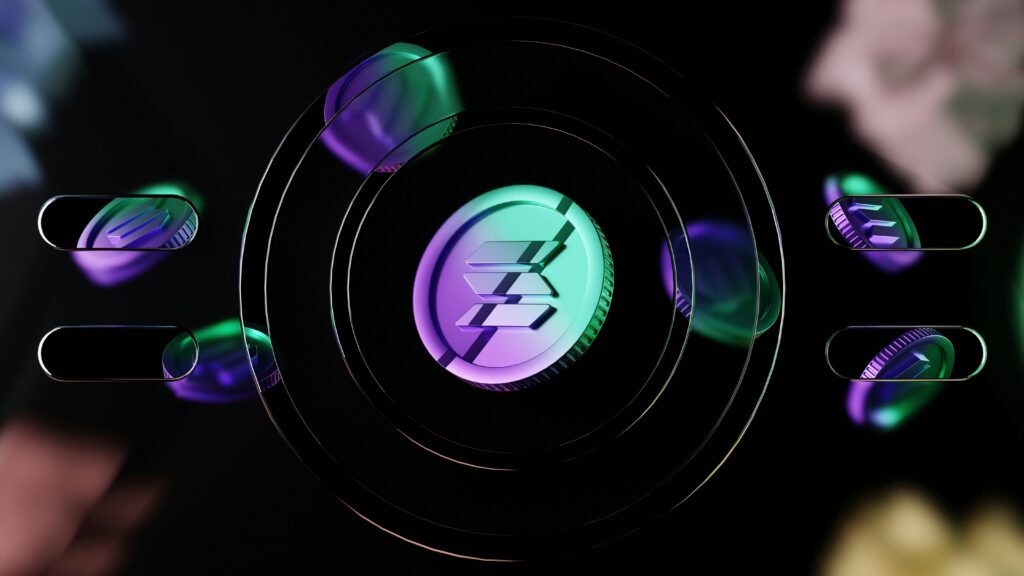The Solana ecosystem is undergoing a bold shift. In an effort to promote decentralization and validator independence, the Solana Foundation has announced it will withdraw support from roughly 150 validators currently dependent on its Delegated Stake Program.
Mert Mumtaz, co-founder of Helius Labs and a known Solana contributor, called the move “extremely bullish,” suggesting it will push the network toward long-term self-reliance. But is the market ready for this level of decentralization?
What’s Changing?
Currently, many validators on the Solana network rely on the Foundation to delegate SOL to them—effectively subsidizing their operations. This support has shrunk from over 80 million SOL in 2022 to around 40 million in 2025, now representing just over 10% of the total staked SOL. According to on-chain researcher Dan Smith, about 900 of Solana’s 1,224 validators still rely on this program.
Removing this crutch puts smaller operators at risk. With validator revenue dropping dramatically—from $15.9 million in January to just $1.3 million in April—many may find it unsustainable to continue without Foundation help.
Why It Matters
Decentralization has always been a core principle of blockchain networks. By reducing its control, the Solana Foundation is signaling maturity. However, it’s a calculated risk: removing support could lead to validator attrition, potentially weakening the network before it strengthens.
At the same time, Solana’s core validators remain largely independent, and this update could help push the network toward a more resilient, self-sufficient model.
What About Price?
Despite recent turbulence, SOL’s price remains technically strong according to RSI and whale activity. However, the $150–$160 resistance zone remains a hurdle. Analysts suggest a bullish breakout may depend on Bitcoin making a run toward $100K.
Should you buy SOL now?
This strategic shift could solidify Solana’s future as a leading Layer-1 platform. But short-term volatility may continue as smaller validators exit. Long-term holders may view this as a foundational upgrade, but caution is still warranted.
This article does not constitute investment advice. Always do your own research before making financial decisions.







